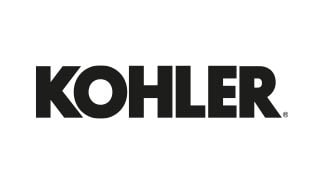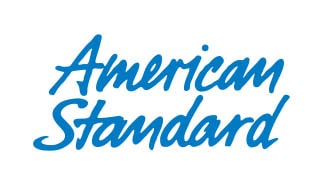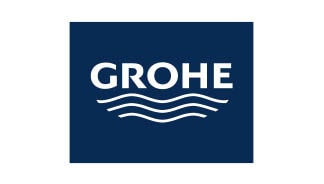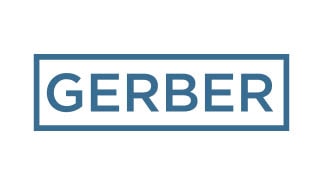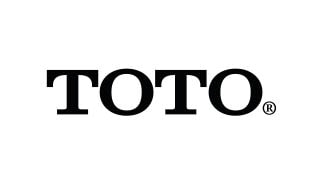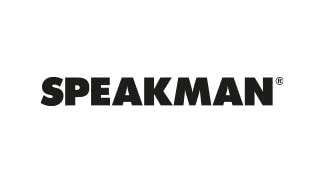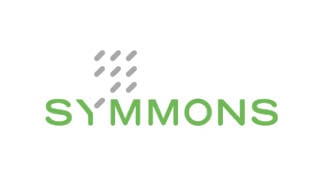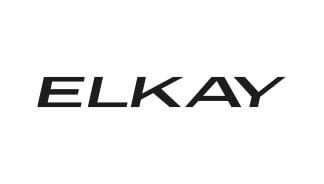Published on
November 12th, 2020Hamilton vs. Burr: Dueling In Plumbing?
We take it for granted when we turn on a New York City water tap today that clean water will emerge for drinking, cooking, and bathing. However, at the very end of the 18th century, this was far from the case. New York lagged behind other cities when it came to plumbing, and a scheme was devised to remedy that. It wasn’t all it seemed, though, resulting in a rift between Vice President Aaron Burr and Secretary of the Treasury Alexander Hamilton. They wound up dueling in plumbing before their famous pistol duel that resulted in Hamilton’s death. Read on to learn the intrigue behind Manhattan’s early plumbing…and in a surprise related twist, banking.
Early Water Supply in New York City
Dirty and dangerous
In the early days of New York, including when the city was still known as New Amsterdam, the water supply for residents was scarce and, in many cases, downright dirty. Waste from the city ran into the various ponds and streams from where city dwellers hauled water.
Irish engineer and immigrant Christopher Colles attempted to remedy this through a new water distribution system. It intended to use a steam engine pump to pull water from multiple wells into a reservoir from which it would then be piped throughout the city. Unfortunately, the arrival of the Revolutionary War halted progress on this endeavor, which was later destroyed by the British army.
Water continued to be contaminated by human and animal waste as well as industrial chemicals. Disease was rampant, and while the yellow fever epidemic people thought was caused by polluted water in 1798 was actually caused by mosquitoes, dangerous water quality probably contributed to other diseases, like cholera.
Additionally, without pipes and a more centralized water source, fighting fired in the growing city was nearly impossible. By the last years of the 18th century, over 60,000 people lived in New York City. Clearly, a solution had to be found.
Formation of the Manhattan Company
For “pure and wholesome water”
Aaron Burr, who was still a legislator at the time, before eventually becoming Vice President of the United States, decided to capitalize on the dire water situation. He drafted a bill in 1799 to create a reservoir and aqueduct system that would finally provide New York with an abundance of the “pure and wholesome” water it needed. The Manhattan Company was created to control that water system.
Hidden in the bill, however, was a clause that permitted the company to use excess capital for whatever other purposes its directors chose. The clause was added at the last minute, and because it was the end of the legislative session, no one noticed it until the bill had been passed. The bill even received bipartisan support from Alexander Hamilton, a former aide to George Washington and a brilliant financier who had been named Secretary of the Treasury.
But Burr had a secret intention built into the bill and its provision for the use of extra funds. To create a surplus of capital, the Manhattan Company sourced water from cheap, polluted city locations, instead of drawing from the Bronx River. While the rest of the new United States was using iron clad pipes, the Manhattan Company employed crude wooden ones. Piping didn’t come close to covering the entire city, and the use of the service was prohibitively expensive, especially for freezing pipes in winter. Their system left New York to suffer with dirty water for another 40 years.
What did Burr and his partners do with the excess capital they siphoned from skimping on New York’s water system? He opened a bank, which became the oldest branch of JP Morgan Chase.
Why Banking Was So Competitive
Political control of credit
Getting a bank charter was even harder in the 18th century than it is today, hence Burr’s trickery with using the water company to hide the creation of his bank. Banking was highly political then. At the time the Manhattan Company was founded, New York City banking was monopolized by Hamilton’s Bank of New York, a Federalist institution, and the First Bank of the United States.
Before the establishment of the Manhattan Company bank, Aaron Burr’s fellow Democratic-Republicans, as they were then known, were locked out of many banking transactions, especially the use of credit. So, having a bank that put them on the same financial footing as their political opposition was quite a coup.
When Hamilton discovered Burr’s real intention with the water company and the subsequent continued poor water for the city, he became enraged. It was the beginning of the end to what had previously been a competitive but largely amicable relationship between the two men. Many historians see it as the spark that eventually led to their famous duel in 1804 that cost Hamilton his life.
And what of the Manhattan Company? It merged with the Chase National Bank in 1955 to become Chase Manhattan Bank, which later became JP Morgan Chase & Co.
While less competitive banking and safe water have become ubiquitous in our age, you may still find yourself dueling with your old pipes or outdated plumbing. To bring your system into the 21st century, reach out to Sanitary Plumbing. Call us at 212-734-5000, or use our online form to schedule an appointment at your convenience.
